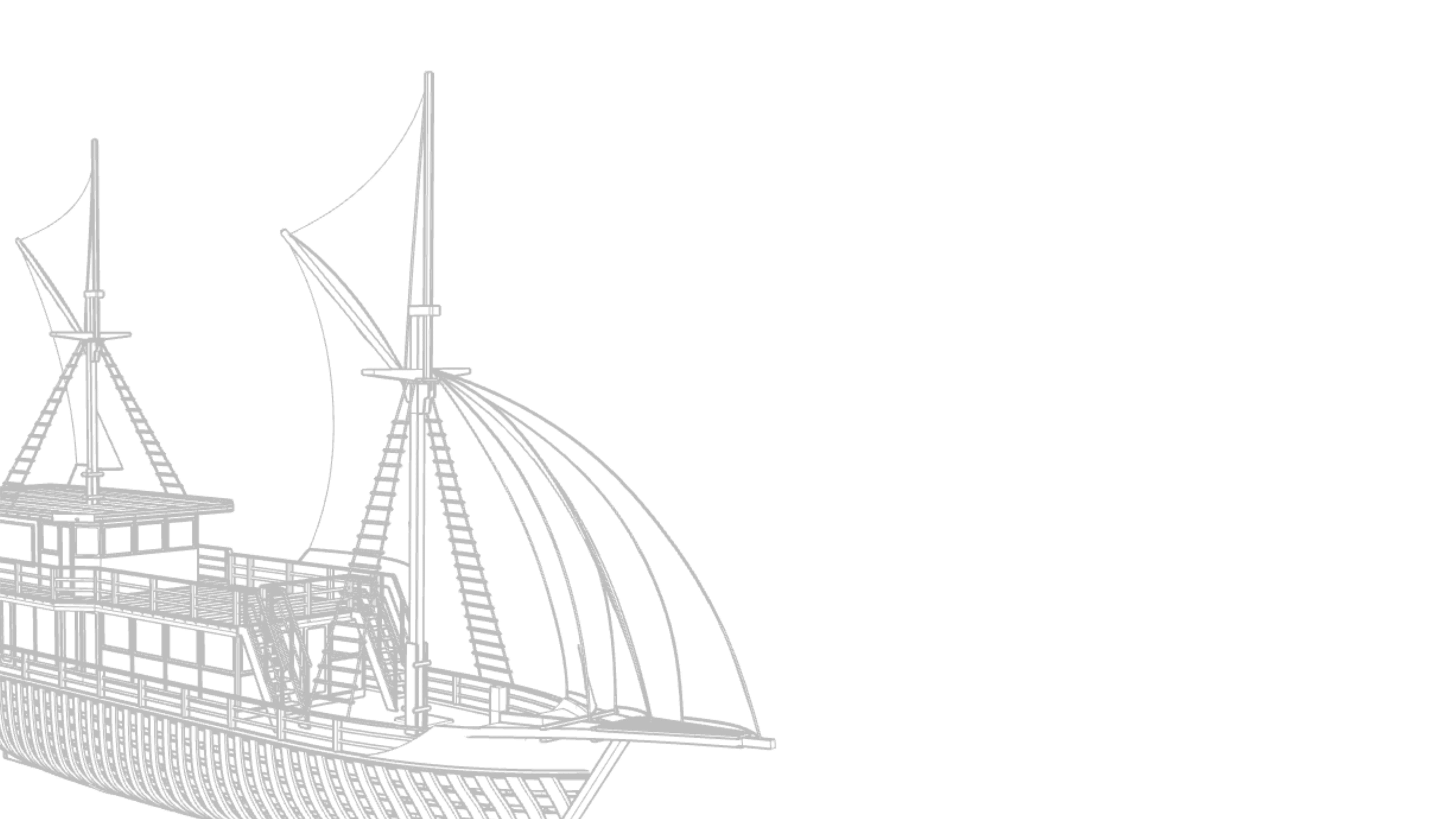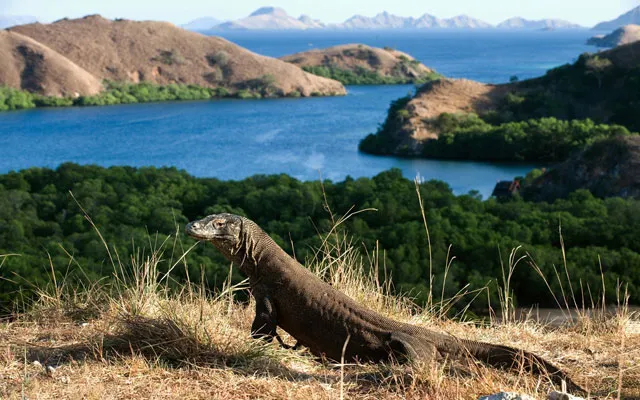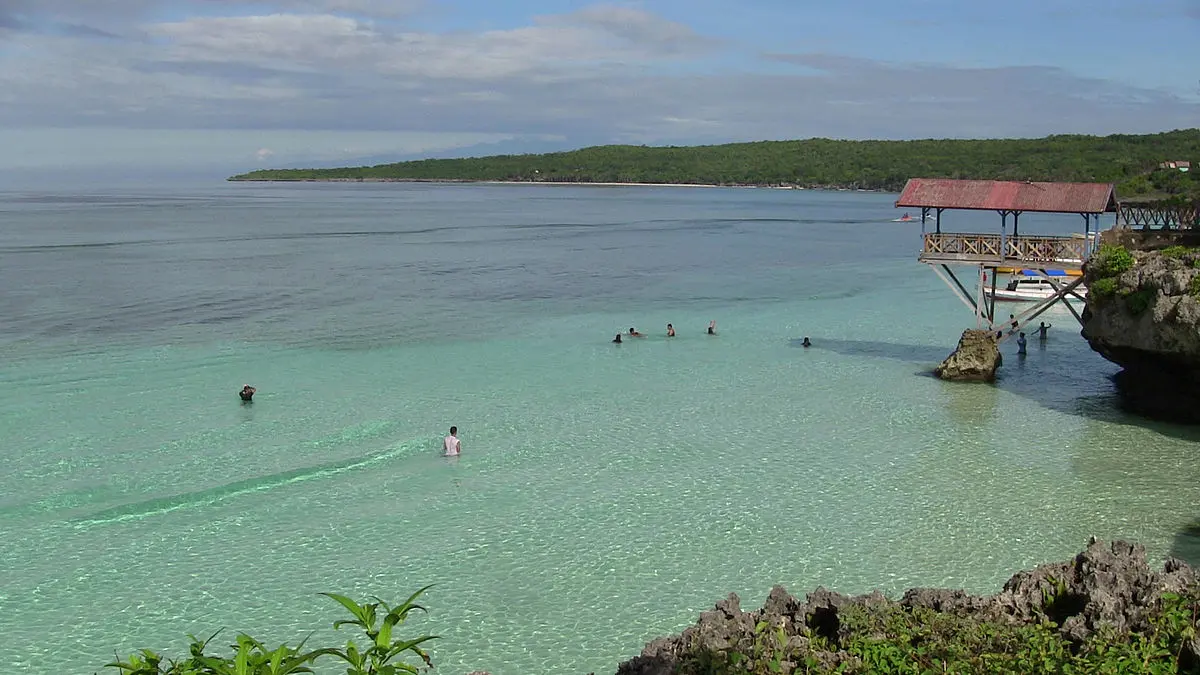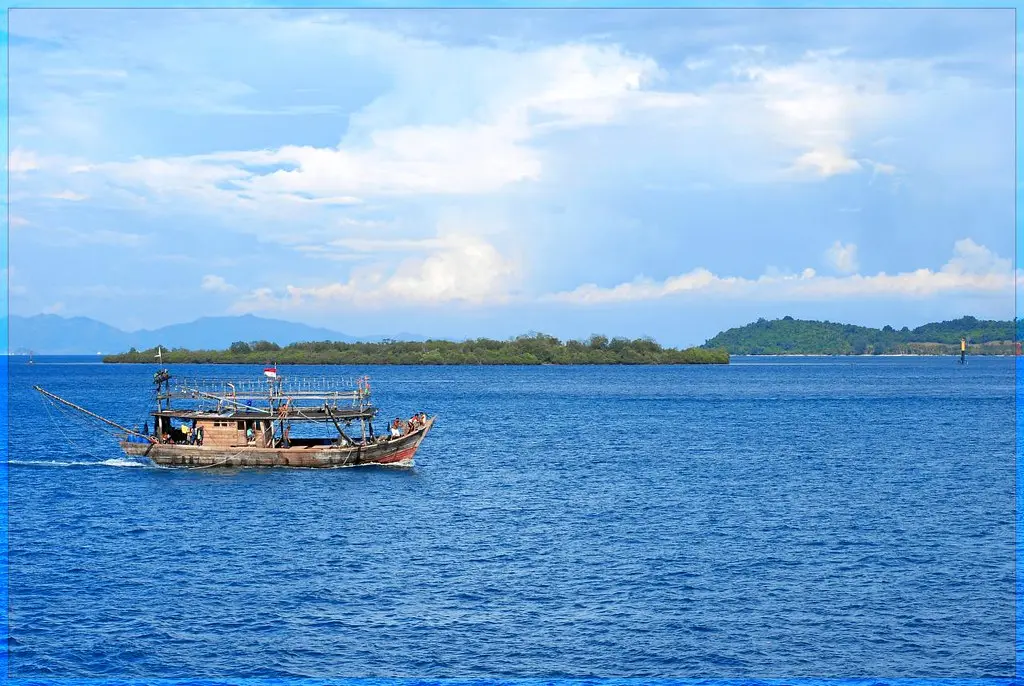Indonesia Called a Maritime Country: Explore Its History, Culture, and Economy
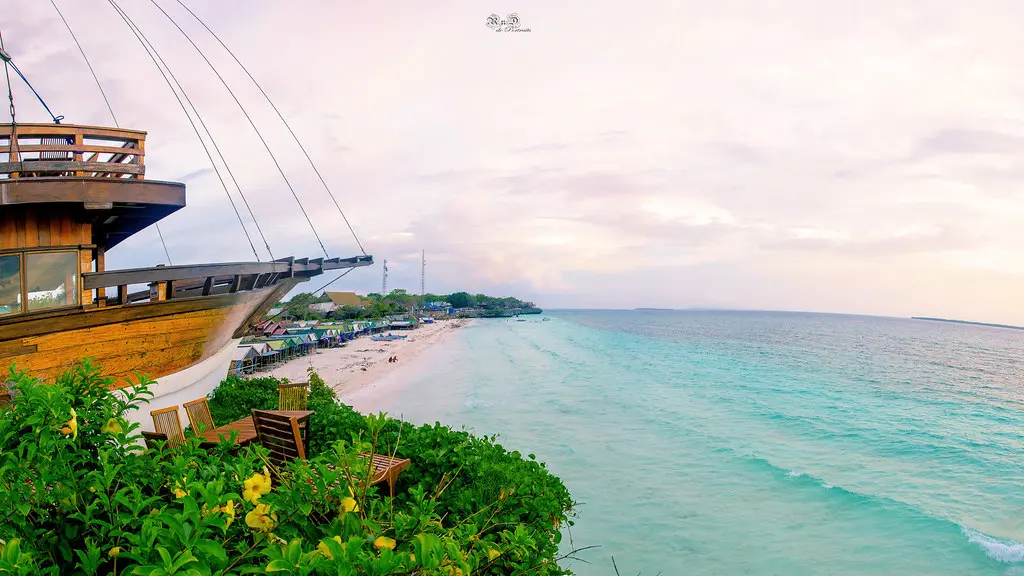
Indonesia, called a maritime country, is widely recognized as an identity deeply rooted in its geography, history, culture, and economy. Comprising over 17,000 islands and surrounded by vast seas, Indonesia’s relationship with the ocean has shaped its development from ancient times to the modern era. This maritime character influences not only how Indonesians live and work but also their customs, beliefs, and economic activities.
For Voyagers seeking to explore Indonesia, understanding it as a maritime country provides valuable insight into its unique heritage and its ongoing role in global maritime affairs.
Read Also: The History of Phinisi: World-Class Cultural Heritage of Bulukumba
The Historical Roots of Indonesia as a Maritime Country
Indonesia is called a maritime country for good reason—its location along vital sea routes has shaped its history through trade and cultural exchange. Let’s take a look!
1. Ancient Maritime Kingdoms and Trade Routes
Indonesia’s history as a maritime nation dates back centuries, shaped by powerful kingdoms that ruled through mastery of the seas. Kingdoms like Srivijaya and Majapahit dominated the archipelago and surrounding waters, establishing Indonesia as a key player in regional trade.
Srivijaya, centered in Sumatra, flourished between the 7th and 13th centuries by controlling crucial trade routes connecting China, India, and the Middle East. It became a hub for spices, gold, and other valuable goods.
Later, the Majapahit Empire, based in Java, extended its influence over much of the archipelago during the 13th to 16th centuries, maintaining naval strength to protect and expand its territories.
The legacy of these kingdoms reveals Indonesia’s early recognition of the sea as a highway for commerce, diplomacy, and cultural exchange. These maritime empires contributed to the spread of religions, languages, and cultural practices across Southeast Asia, cementing Indonesia’s pivotal role in the region’s maritime history.
2. Traditional Shipbuilding and Navigation
Integral to Indonesia’s maritime history is the tradition of shipbuilding and navigation. Indigenous boat designs, such as the iconic Phinisi schooner, reflect centuries of seafaring expertise.
Originating from the Bugis and Makassar people of South Sulawesi, Phinisi boats are handcrafted using traditional methods passed down through generations. These vessels were vital for long-distance trade and fishing, enabling Indonesians to connect their many islands.
Navigational skills were also highly advanced, relying on natural cues such as stars, wind patterns, ocean currents, and wildlife behavior. Before modern technology, seafarers developed complex knowledge systems to safely traverse the archipelago’s challenging waters.
This deep understanding of the sea underscores Indonesia’s identity as a maritime nation shaped by skill, ingenuity, and respect for nature.
The Cultural Significance of the Sea in Indonesia
In Indonesia, the sea is more than scenery—it’s part of daily life and cultural identity. From sacred rituals to sea folklore, let’s explore its deep cultural role.
1. Maritime Traditions and Communities
For many Indonesians, especially those in coastal and island communities, the sea is not only a source of livelihood but a core part of cultural identity. Fishing, boat-building, and seafaring traditions are often intertwined with local customs, festivals, and rituals. For example, ceremonies to bless the sea or honor ancestors are common across maritime villages, reflecting a spiritual connection to the ocean.
Communities such as the Bajau Laut, known as “sea nomads,” live much of their lives on boats, demonstrating a lifestyle intimately connected to the maritime environment. These traditions preserve a cultural heritage that has evolved alongside Indonesia’s natural surroundings.
Read Also: Best Ways to Get to Komodo Island from Singapore
2. Indigenous Knowledge and Sustainable Practices
Indonesia’s maritime culture also embodies indigenous knowledge systems that promote sustainability. Many coastal groups practice fishing methods designed to maintain ecological balance, such as seasonal fishing bans and selective harvesting.
The Kajang tribe of South Sulawesi, although inland, exemplifies a broader cultural ethos of harmony with nature through their adat laws and spiritual beliefs focused on environmental stewardship.
Similarly, traditional shipyards contribute to sustainable economic practices by using locally sourced materials like ironwood, known for durability and environmental compatibility. These sustainable cultural practices demonstrate how Indonesia’s maritime identity supports ecological health and community well-being.
The Economic Impact of Indonesia’s Maritime Identity
Indonesia’s maritime identity drives major sectors like fisheries, shipping, and tourism. With thousands of islands, sea-based trade and resources play a vital role in supporting local livelihoods and the national economy.
1. Fisheries and Marine Resources
Indonesia’s waters are among the richest in marine biodiversity, making fisheries a cornerstone of the national economy. Millions of Indonesians depend on fishing and aquaculture for income and nutrition.
The country is one of the world’s largest producers of tuna, shrimp, and other seafood, which also supports export markets.
Sustainable management of marine resources remains a priority to ensure the livelihoods of future generations.
Government policies and community initiatives focus on protecting coral reefs, mangroves, and fish stocks, reflecting the economic importance of a healthy maritime environment.
2. Shipping, Ports, and International Trade
As a maritime country strategically located along key global shipping lanes such as the Malacca Strait, Indonesia plays a vital role in international maritime trade. Its numerous ports facilitate the movement of goods both domestically and internationally.
This connectivity boosts the national economy, allowing Indonesia to engage in the global market as a major exporter of natural resources, manufactured goods, and agricultural products.
Indonesia’s maritime infrastructure development continues to enhance trade capacity and competitiveness, reinforcing the country’s status as a maritime hub in Southeast Asia.
3. Tourism and Maritime Economy
Indonesia’s stunning marine landscapes, from pristine beaches to vibrant coral reefs, attract millions of Voyagers each year. Marine tourism activities such as diving, snorkeling, traditional boat tours, and cultural visits to coastal villages offer economic opportunities while promoting environmental awareness.
Traditional shipyards, where Phinisi boats are built, have become cultural tourism attractions. Voyagers gain insight into artisanal craftsmanship and the maritime heritage that remains alive through these vessels. This blend of culture, tradition, and tourism illustrates how Indonesia’s maritime identity generates sustainable economic benefits.
Read Also: The Timeless Elegance of the Indonesian Phinisi: Where Heritage Meets Luxury
Indonesia called a maritime country, is far more than a label—it’s a living legacy. From ancient sea kingdoms and rich cultural traditions to thriving coastal economies, Indonesia’s identity is inseparable from the ocean that surrounds it. This maritime heritage continues to shape how communities live, work, and connect with the world.
For Voyagers, understanding this deep-rooted relationship offers a meaningful lens to explore Indonesia beyond its natural beauty. It’s an invitation to appreciate the resilience, knowledge, and values carried by its people through generations of life on the sea.
Ready to connect deeper with Indonesia’s maritime culture?
Explore the Spirit of the Sea with Riara Marine
Experience Indonesia’s seafaring heritage through Riara Marine’s Workshop Tour—a rare opportunity to step into a living shipyard, meet skilled local artisans, and witness the traditional craftsmanship behind Indonesia’s legendary Phinisi boats.
Watch centuries-old techniques come to life and discover the soul of maritime Indonesia. Join the Workshop Tour and start your voyage today!
